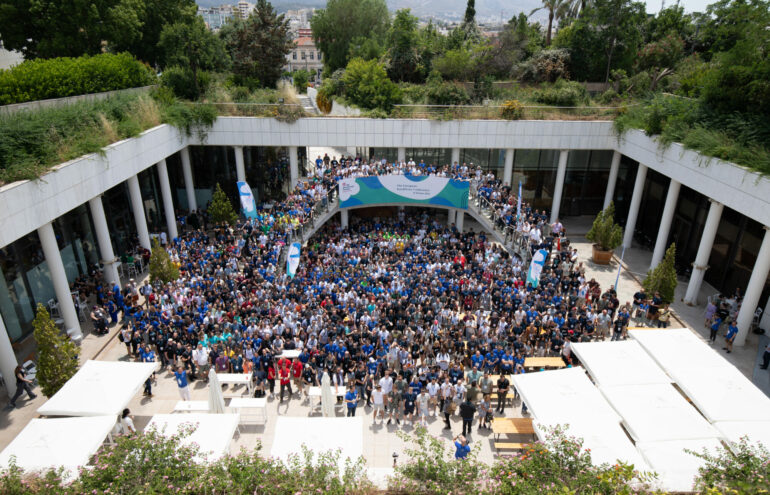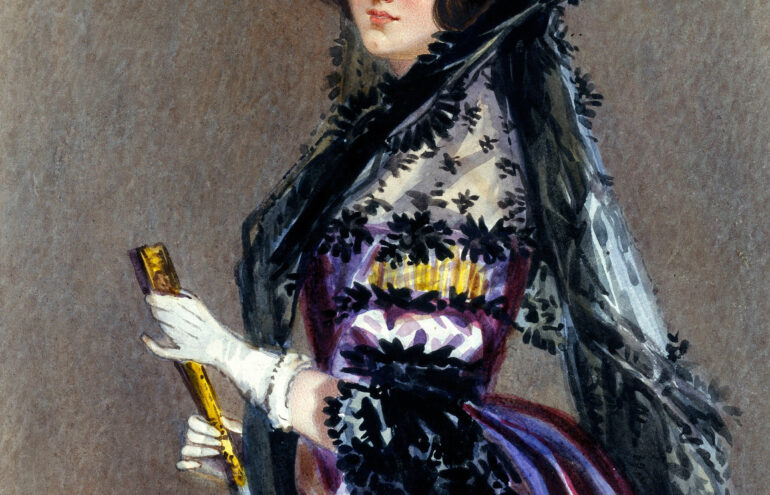Following on from our Ada Lovelace Day post last month, in the office we have been researching other women who have had a major impact on our industry over the years. We have each chosen a different woman to introduce over the coming months.
First up was chosen by Kerry, who selected Karen Spärck Jones. Jones championed the involvement of women in computing throughout her illustrious career.
When looking for someone to write about for Ada Lovelace Day, the discovery that there has only ever been one female recipient of the Lovelace Medal piqued my interest. On finding out that the woman in question was also a local Yorkshire lass (born in Huddersfield), a fundamental contributor to the development of the modern search engine AND a champion of women in computing, I decided that this was the candidate for me!
Who?
Karen Ida Boalth Spärck Jones, Professor Emerita of Computers and Information at the University of Cambridge, was born in Huddersfield, Yorkshire in 1935. She read philosophy at Cambridge before moving into computing, specialising in informational science and natural language processing. During her distinguished career she pioneered techniques that allow people to work with computers using ordinary words rather than code. She won many awards, including the Association for Computational Linguistics (ACL) Lifetime Achievement Award in 2004 and the British Computer Society Lovelace Medal shortly before she died in 2007.
What?
Google turned 20 on the 27th of September 2018, reminding me that there was actually a time before the tool became ubiquitous. It’s hard to imagine life without it, but Jones conceived one of the underlying principles of the search engine 20 years before the internet even arrived. Her 1972 paper, ‘A statistical interpretation of term specificity and its application in retrieval’, introduced the concept of inverse document frequency (IDF) weighting in information retrieval. Alta Vista, the popular early search engine, was the first web application to make use of IDF and the technique is still used by modern engines, helping score and rank a document’s importance in response to a user’s query.
Why?
As well as formulating theories of information retrieval that underpin pretty much every modern web search engine, Jones advocated for women in computer sciences throughout her career. She was passionately interested in the intersection of computing and society, believing that systems that impact on our everyday lives ought to demand a greater level of interest, examination and participation.
‘ID cards are a very good example of this. It’s a fundamental notion – it will cause a person as a legal entity to have a particular definition.
Think about the implications of CCTV, another example, or health and education. Should we do all of our teaching via IT? What’s the function of education – can this be achieved with IT?
…
So I’ve always felt that once you see how important computing is for life you can’t just leave it as a blank box and assume that somebody reasonably competent and relatively benign will do something right with it.’
As more aspects of our lives are framed and facilitated by computers, it becomes more important that the people programming our future come from all walks of life in order to avoid incorporating unintended biases in the system. As Jones said, ‘My slogan is: Computing is too important to be left to men.’
She was also the first (and is still the only) woman to receive the Lovelace Medal, which makes her a particularly apt person to celebrate on this occasion.
Photo Credit: University of Cambridge

